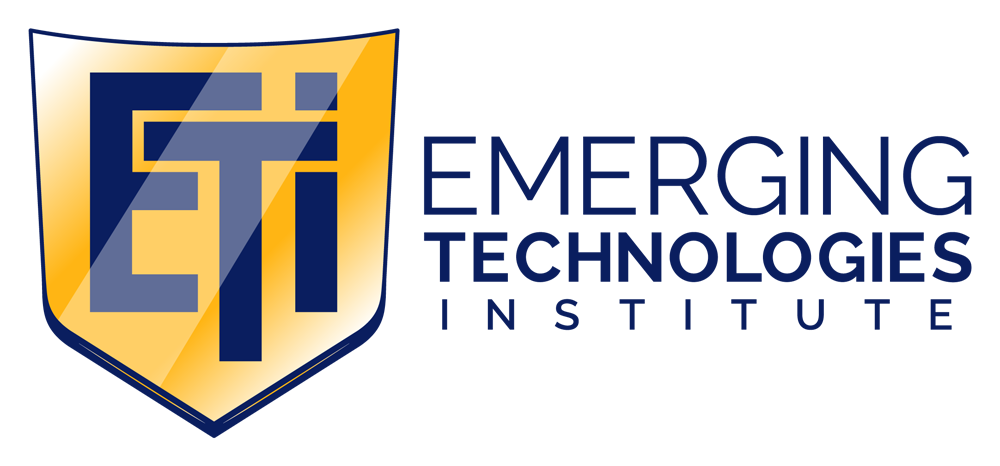Travel & Tourism
Agent
About the Program
Take a look at the tourism industry through the lens of business, specifically by considering the management, marketing, and finance issues most important to industry members.
The course will start with a comprehensive model of tourism and continue with individual sections that provide a thorough understanding of all sectors of travel and tourism. The role of the travel agents, technology, transportation modes, accommodations, cruise lines, destinations, attractions, and food and beverage operations are all covered in detail.
During the program, you will:
identify the basic principles of the travel industry
list the various modes of travel and types of travel
describe the strategies for sales and marketing in the travel industry
identify the opportunities and work venues available for the travel agent
demonstrate proficiency in the technology used in the travel agency
This is a self-paced program. Self-paced programs create a unique learning experience that allows students to learn independently and at a pace that best suits them.
-
Willow Nolland is an expert in education and eLearning, with more than ten years of experience in curriculum development and instructional design. She has worked in higher education for over twelve years, and has developed numerous courses and has been involved in curriculum development across disciplines. She has experience with academic program development and coordination, curriculum development, student learning outcomes, educational partnerships, and student development. In addition, she has developed and administered professional development programs for various groups, including teachers, counselors, healthcare workers and members of private industry. She is a certified Quality Matters Reviewer and has taken graduate courses in online course development. She designs and teaches online courses at the college level and is proficient in a variety of course management systems. She has helped educators redesign their courses to transition them from a face-to-face format to an online format, and has provided course editing assistance to others. As a freelance instructional designer and curriculum developer, her projects have included course editing and redesign of online continuing education courses for nurses, CEU curriculum development for healthcare workers and teachers, and course review and editing for various colleges and universities.
Tuition: $2,997
Duration: 130 Hours
Students will have access to the program for 1 full year
All necessary materials are included.
Prerequisites: HS diploma/GED, basic computer skills and familiarity with the internet
To learn more about ETI’s tuition and financial aid options, click here.
Course Outline
-
This lesson will provide a general overview of the tourism industry and will introduce students to basic concepts.
-
This lesson will provide an overview of the types of tourists and the ways in which they can be marketed to.
-
In this lesson, you will learn more about travelers and how tourism suppliers identify and deliver quality services.
-
This lesson takes an in-depth look at the multifaceted distribution systems and sales functions that link travelers and tourism suppliers.
-
This lesson explores how technology has shaped and continues to change every aspect of the tourism industry.
-
This lesson will focus on the marketing, management, and financial issues facing transportation.
-
This lesson will focus on the marketing, management, and financial issues facing the accommodation service industry.
-
This lesson will focus on the marketing, management, and financial issues facing the food and beverage service industry.
-
This lesson will focus on the marketing, management, and financial issues facing the attractions and entertainment industry.
-
This lesson will focus on the marketing, management, and financial issues facing the travel destination industry.
-
This lesson will explore the economic and political forces that shape the current and future operating environment for every person and organization that is found in the tourism model.
-
This lesson will explore the environmental and social/cultural forces that shape the current and future operating environment for every person and organization found in the tourism model.
-
This lesson is devoted to exploring how the benefits of tourism can be maintained.
-
This lesson will explore the future or tourism and discuss potential initiatives and developments.

